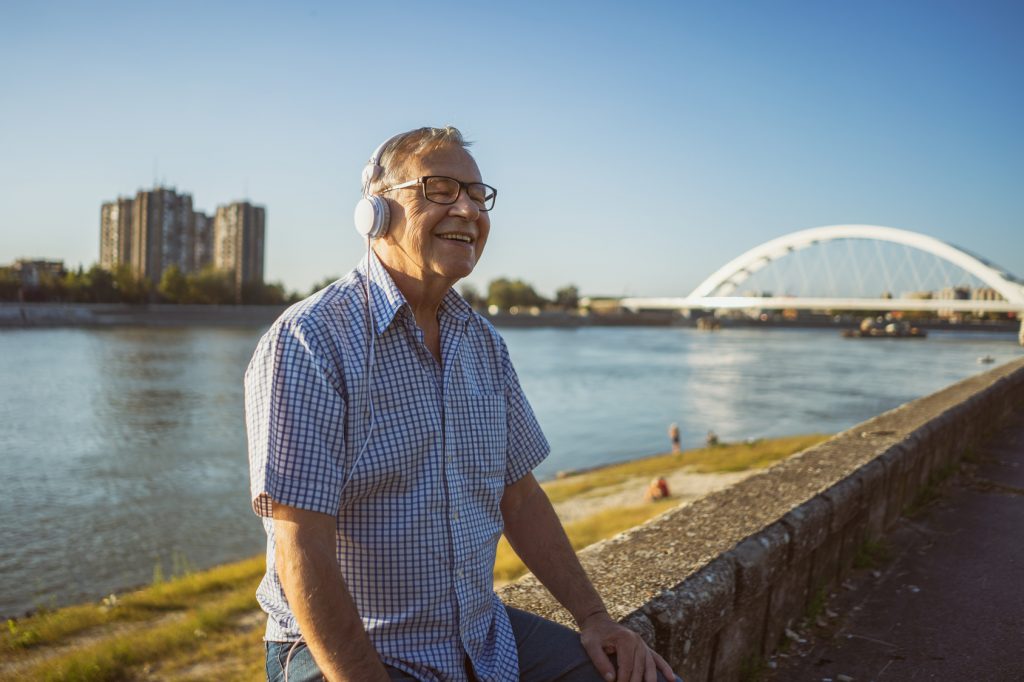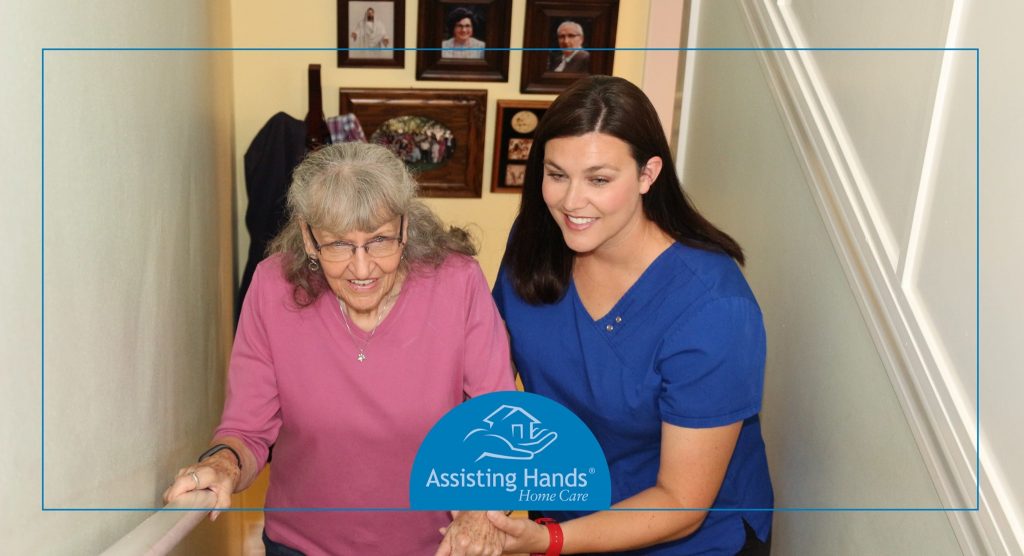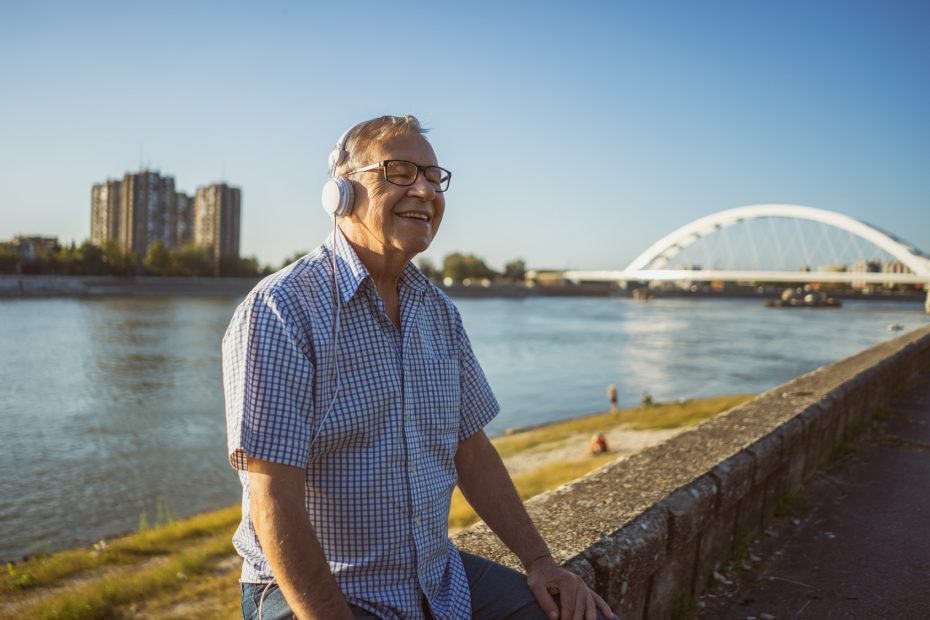
A sense of independence is essential to the elderly. Losing independence due to factors surrounding aging is discouraging. While some freedoms may be lost due to age, senior citizens who begin to plan early have a better chance of maintaining their independence.
Aging presents unique challenges, from issues with mobility to emotional conditions, like loneliness and isolation. Financial strains can also cause seniors to lose an invaluable feeling of independence. Empowering seniors to live independently is critical to overall physical and emotional well-being.
Why is independence in the elderly important?
Seniors who make decisions on their own have a strong sense of identity. It is important to preserve this sense of identity by allowing elderly loved ones to express themselves and make choices, whether it is by personalizing their space or choosing what to wear or what foods to eat.
A lack of independence can lead to social isolation. Having an opportunity to maintain an independent lifestyle, however, bolsters a senior’s sense of purpose. Seniors have the freedom to set personal goals and continue to contribute to the community and household as they have normally done.
The high activity levels necessary to successfully live independently promote blood flow to the brain. As a result, memory skills in active older adults are retained. Seniors who engage in routine tasks on a daily basis utilize their memory frequently, which in turn helps to preserve it.
Check out these tips for seniors to keep their mind active
Feelings of achievement and high self-worth go hand in hand with independent living. Despite the hardships that accompany aging, including financial strains and deteriorating health, seniors who stay independent have a sense of control over their actions, choices, and life.
The benefits of independence are evident. Ensuring a sense of independence well into retirement requires that seniors plan in advance about various life matters that will impact their lives. Physical fitness, geography, home modifications and long-term care insurance are matters to be considered.
1. Stay Active
Physical exercise is crucial to preserving the health of the aging body. The aging process leads to a gradual loss of muscle strength, which can increase an individual’s risk for falls. Sustaining a severe injury after a fall will adversely impact a senior’s independence.
Adequate muscle strength allows seniors to perform daily activities independently, rather than relying on others. Moderate-intensity aerobic activity, like walking, should be done 150 minutes a week. Muscle-strengthening activities that work major muscle groups are advised two days a week.
2. Get Health Checkups
Keeping scheduled medical appointments ensures that seniors maintain their overall health well enough to continue to live independently. Doctors can detect health issues before they become problematic and impact independent living; or physicians can address concerns about physical and emotional health.
3. Consider Relocating
Older adults may prefer to live in a geographic area in which state and community services geared toward the elderly are plentiful. Some states offer better support for family caregivers, quality of care, and affordability than others.
4. Modify the Home
A family home may no longer accommodate an aging senior. Replace steps with ramps for the wheelchair bound. Extra lighting will increase safety during nighttime bathroom runs. Grab bars installed in the bathroom will make it less likely that seniors will lose their balance and fall.
Check out these Bath Products for the Elderly
Seniors may maintain a level of independence by upgrading features in the home. Smart homes increase safety and convenience. Motion-sensor lights prevent the elderly from fumbling for the light switch and risking a fall. Thermostats are adjusted via smartphone apps. Security systems are similarly managed.
Check out these 17 Must-Have Items For Your Senior Loved Ones Living At Home
5. Buy Long-term Care Insurance
A long-term care insurance policy covers a senior’s long-term care needs. Policy holders have the option to receive support and services, including personal care and custodial care, in the comfort of home. Long-term care is beneficial when a senior is ineligible for Medicaid or Medicare.
Seniors who plan ahead buy long-term care insurance early. Buying a policy at a younger age keeps premiums lower. Utilizing long-term care insurance for home care, for instance, allows the elderly to age in place—which is preferred by the majority of seniors—with a satisfying level of interdependence.
6. Nurture Relationships
Maintaining bonds with family and friends is key to emotional well-being. Seniors can build strong relationships by volunteering or joining community or faith-based organizations. A solid support system prevents loneliness and isolation, which are damaging to health, and, consequently, independent living.
Older adults who are immobile or no longer drive may struggle to maintain a network of friends. Companion caregivers are the solution. Professional caregivers provide pleasant company and assist with daily tasks. These professionals also provide transportation to senior centers enjoyed by peers.

Companion care reduces the health hazards that accompany social isolation and loneliness in seniors. When your elderly loved one aims to stay as independent as possible, yet would benefit from extra support, turn to Assisting Hands Home Care for compassionate companion care services.
Quality companion care from our home care agency is essential to preventing stress and depression. Our professional caregivers take time to build strong bonds with elderly care recipients by initiating conversations about life experiences and hobbies and engaging in recreational activities.
Physical exercise is an integral part of preserving independence. Our caregivers accompany seniors on walks through the neighborhood and provide reliable transportation to senior yoga classes, for instance. We make efforts to help the elderly stay active and as independent as possible.
Companion care from Assisting Hands Home Care includes more than uplifting social interactions. Our care responsibilities also include help with personal care tasks (such as bathing, toileting, and dressing), meal preparation and light housekeeping. We offer 24-hour care, respite care and post-operative care.
Seniors want to stay independent for as long as possible. At Assisting Hands Home Care, we meet all nonmedical care needs, while fostering a sense of independence in the elderly population. We are privileged to serve seniors in Burr Ridge, Countryside, Downers Grove, Hinsdale, Hodgkins, Indian Head Park, LaGrange Highlands, Lyons, McCook, Palisades, Willow Springs and surrounding areas in DuPage and Cook Counties in Illinois. Call us at (630) 407-1932 for an in-home consult.
Sources:https://www.daughterhood.org/5-dos-and-donts-for-staying-independent-in-old-age/,https://www.sunhealthcommunities.org/helpful-tools/articles/5-tips-to-stay-independent-as-you-age/,https://vantageaging.org/blog/independence-is-important-for-seniors/https://www.cdc.gov/physicalactivity/basics/older_adults/index.htm,http://www.longtermscorecard.org/databystate/state?state=IL,https://www.seniorliving.org/insurance/long-term-care/
















